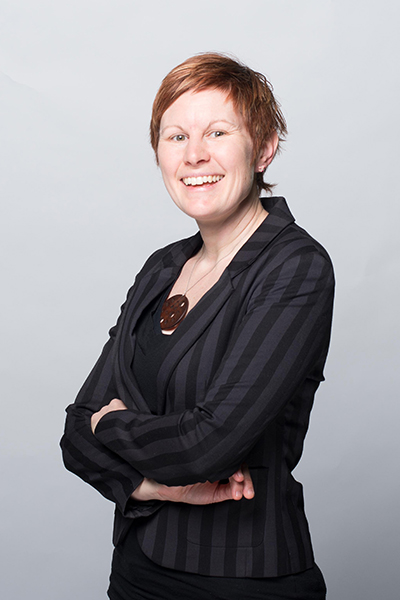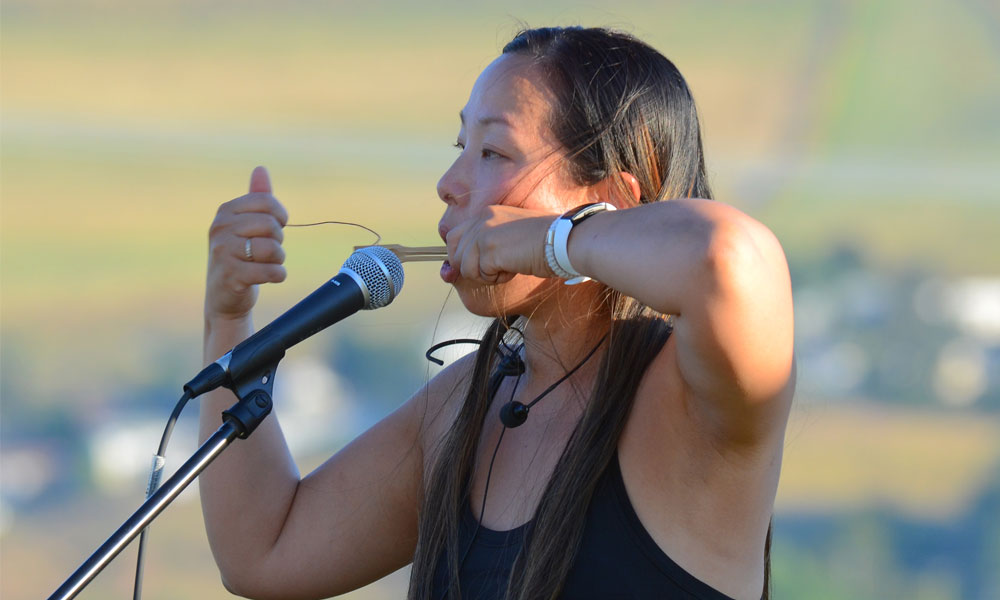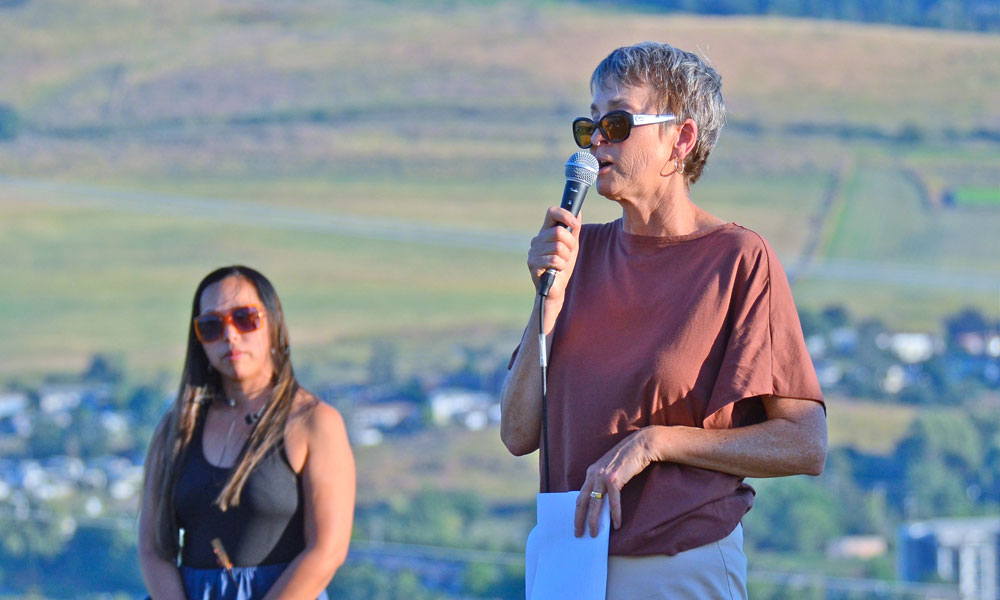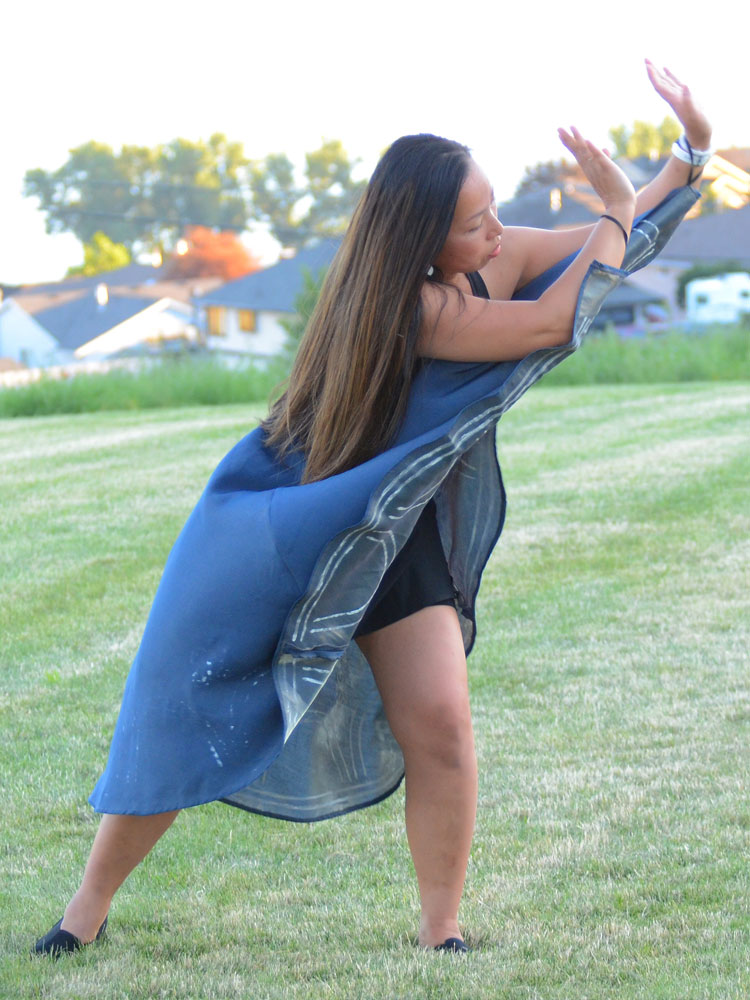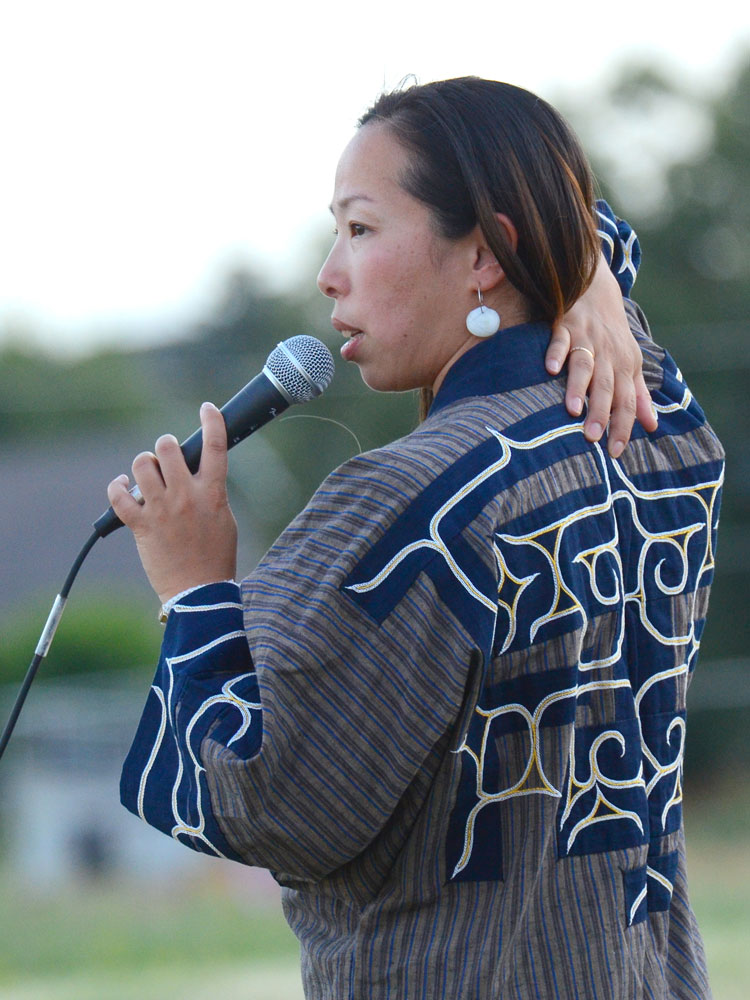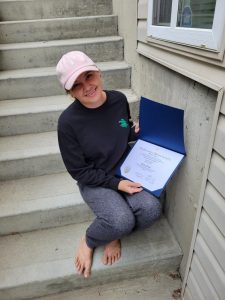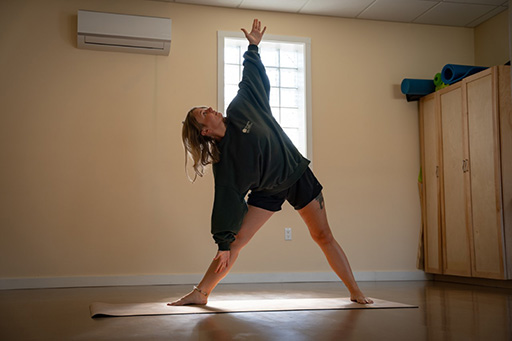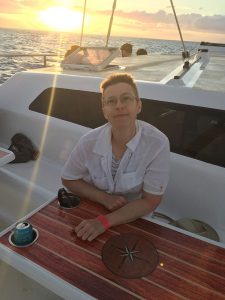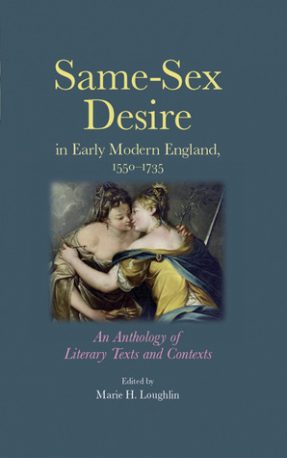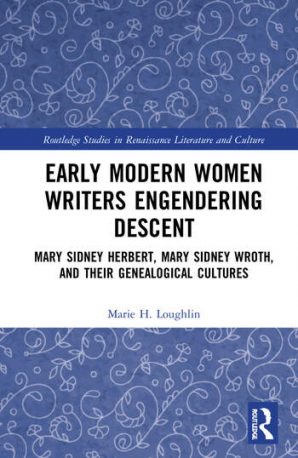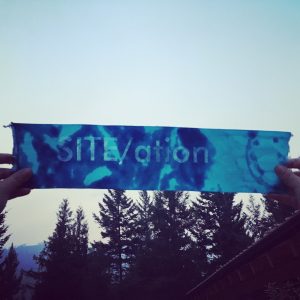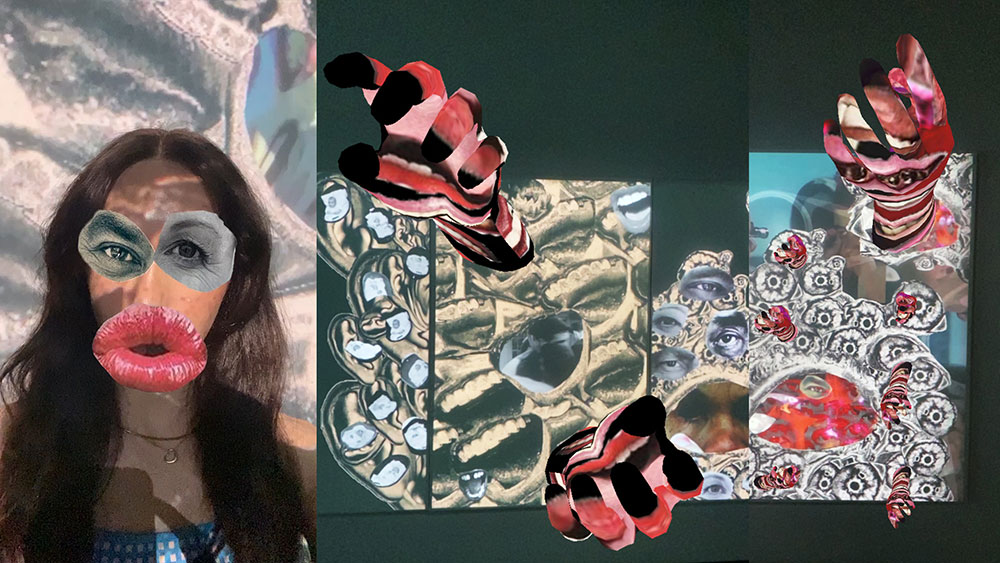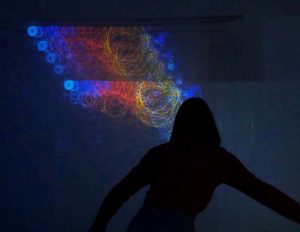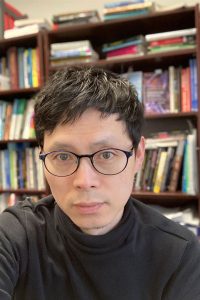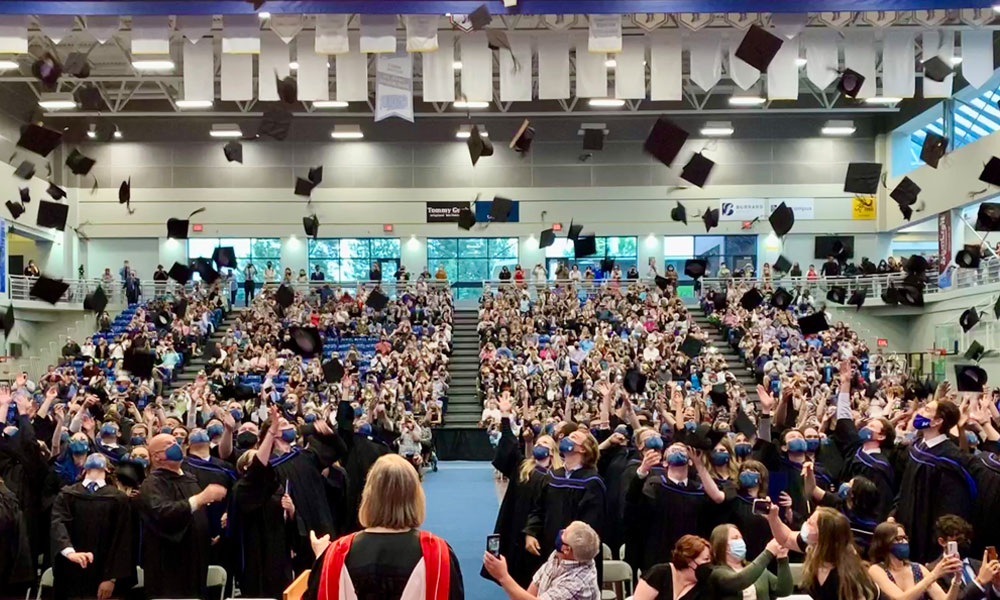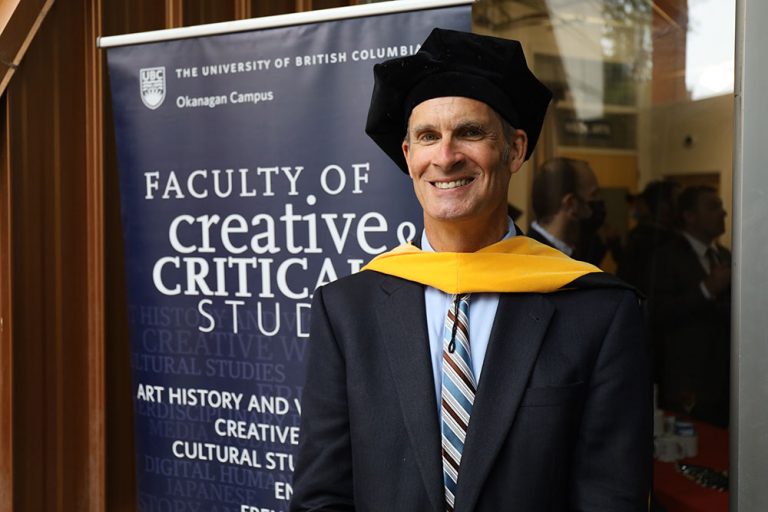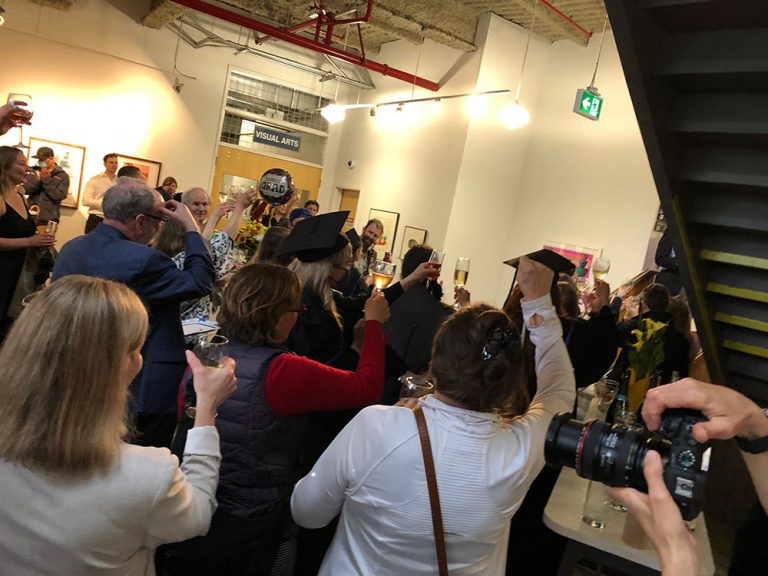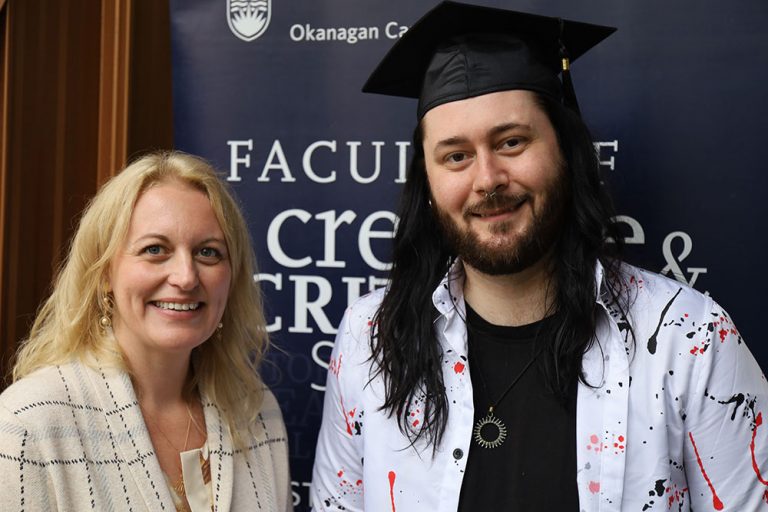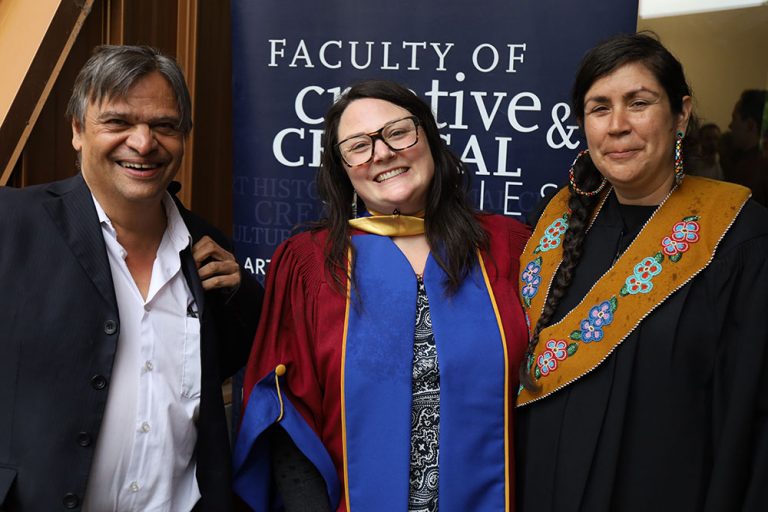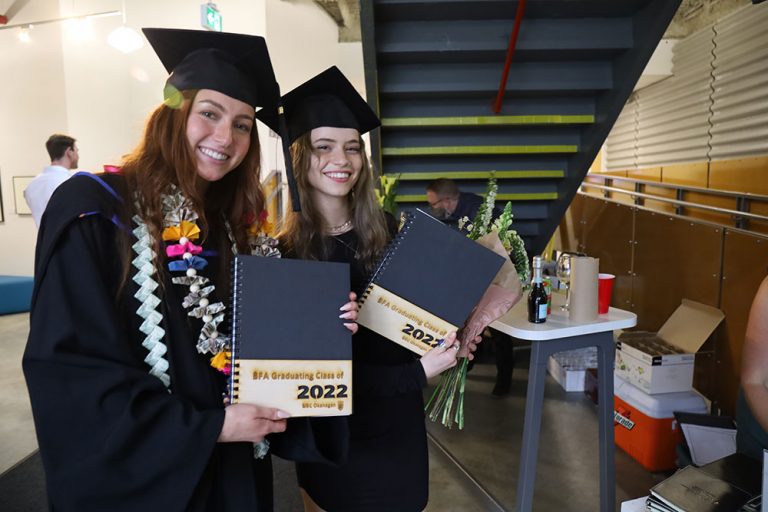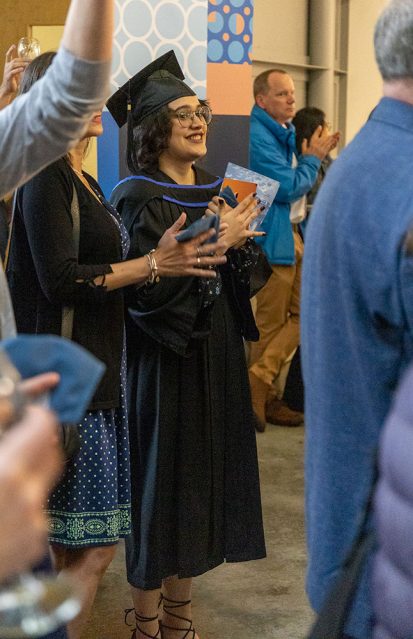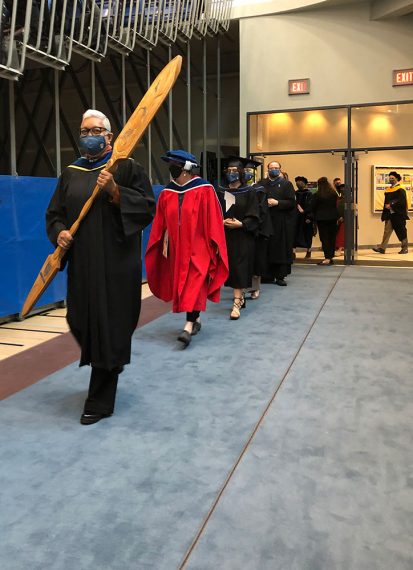The Faculty of Creative and Critical Studies is committed to supporting and encouraging our students to reach their full potential while at UBC Okanagan. Each year, FCCS has a competition for research awards for domestic and international undergraduate students to provide an opportunity for them to pursue innovative and original research as part of their learning experience over the summer months.
The research awards are available to domestic and International students who are enrolled in a major, or combined major, in FCCS B.A., B.F.A. or B.M.S. program (English, Cultural Studies, Art History and Visual Culture, French, Creative Writing, Visual Arts, Media Studies).
Summer 2021 Awards
In 2021, awards were given to three students, Camila Labarta-Garcia, Ashleigh Giffen and Maura Tamez. All three recipients have now completed their degrees – Labarta-Garcia completed her BA with a major in Cultural Studies, Giffen completed her degree in Creative Writing and Indigenous Studies, and Tamez completed her BFA.
Labarta-Garcia’s project investigated how Latin pop music tropes are adopted and appropriated in South Korean pop music (K-Pop) and how Latin American fans of K-Pop respond to this process of cultural appropriation and commodification. The project was conducted through a combination of the musicological textual analysis of Latin music tropes of major K-pop songs, and qualitative interviews with young Latin American K-Pop fans.
“My hope is that the project will make a significant contribution to the intercultural understanding of popular music, music industries, and audiences, while enhancing the empirical analysis of transnational cultural flows,” says Labarta-Garcia.
Giffen created a multimedia poetry chapbook including different forms of poetry and collage visuals. The chapbook focuses on the trades industry within Canada with a focus on BC., exploring toxic masculinity and the poor work conditions centered in rural industrialization, and as a result, the ongoing pandemic of missing and murdered Indigenous women within these environments.
“My research revolved around the question, ‘how do the socio-economic, racial, and mental health issues that greatly affect the men in the trades industry affect their families, cultures, and quality of life, while also systematically affecting the history and treatment of Indigenous peoples lives and lands?’” explains Giffen.
Tamez worked to create an original, experimental film focusing on Indigenous pasts, presents, and futures through a Dene lens. She was able to use tools to advance her technical skills and gain experience working with the Sony FS7 & Panasonic GH4 DSLR cameras.
Tamez says that her identity as a Dene Ndé woman informs her art practice based in sculpture, and recently, through filmmaking.
“My research engages Ndé peoples’ knowledge and perspectives. Community-based mentorships with Indigenous artists and Elders have nurtured my learnings,” she adds.
Summer 2022 Awards
For 2022, the faculty offered two awards, one to Rachel Pickard, and one to Eun Jee Lee. Pickard is a domestic student completing a combined major in Cultural Studies and English, and Lee is an international student completing a BA in an Art History and Visual Culture.
Rachel Pickard’s project is to create a multi-media digital edition of the Pocket Desert radio documentary, the original of which is housed in the Pocket Desert fonds (1993-1996) in the UBC Okanagan Archives. Through this digital edition, she plans to investigate the relevance of recorded oral histories and their significance to the Okanagan from the time they were produced to our present day.
“The funds will allow me specifically to engage with oral histories found in the audio recordings of interviews and discussions between experts such as Dr. Jeannette Armstrong and Dr. Geoffrey Scudder, regarding concerns around the diverse and unique desert climate and ecology in and around Osoyoos in the Okanagan valley and the significance the land has with the Syilx Okanagan people,” Pickard explains.
Eun Jee Lee will be exploring the interrelated and paradoxical relationship between the Christian and queer identity in the fine arts during the Modern period, in particular, the Renaissance and the Baroque, and its impact on how we understand the contemporary discipline of art history.
“The influence of the Church was powerful in the early modern period. While artists commissioned by the Churches depicted religious iconography and stories, allusions to queer identity can also be found,” says Lee.
More information on these awards and other funding opportunities in FCCS can be found here: fccs.ok.ubc.ca/student-resources/funding-awards
